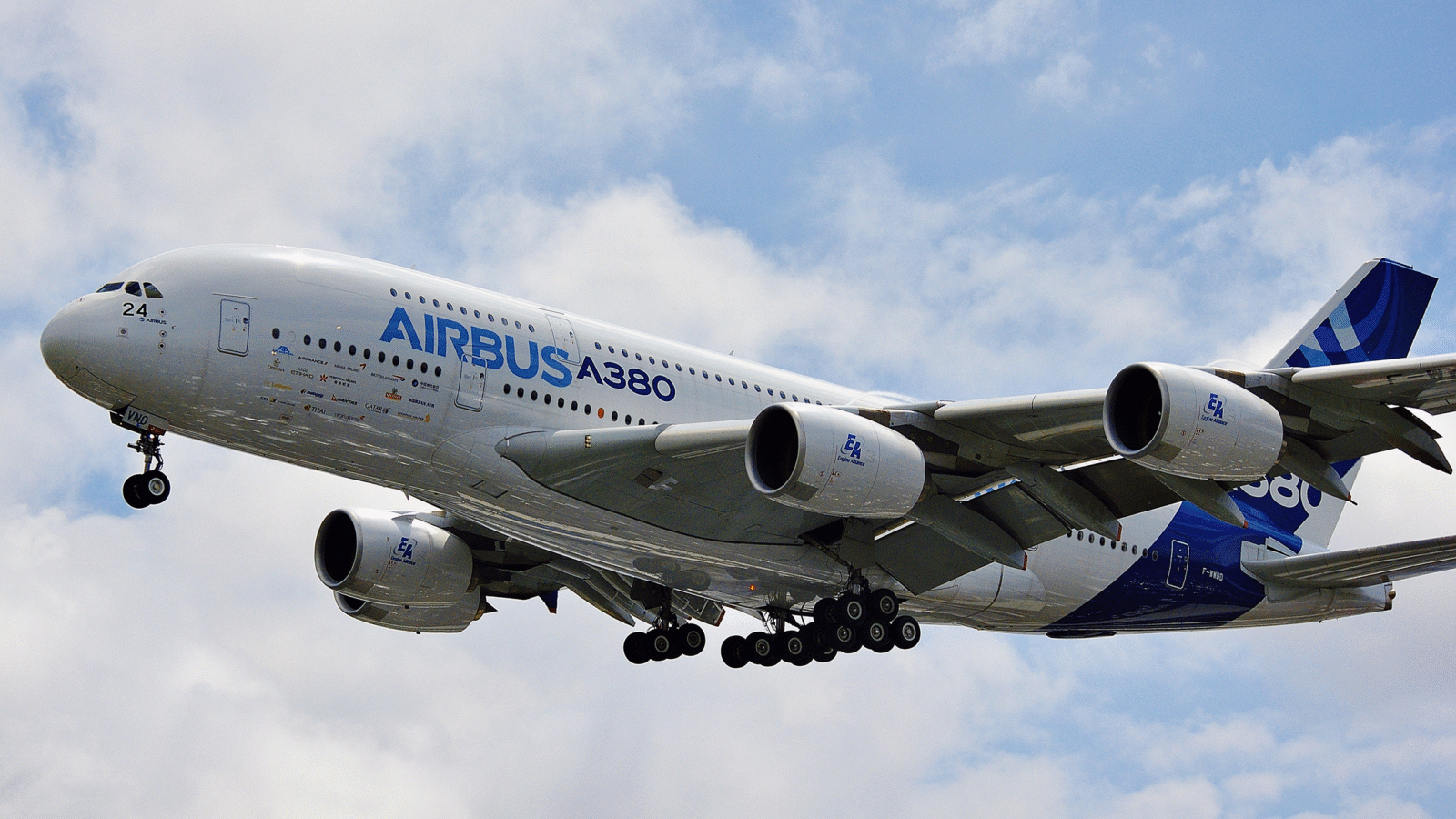Booking.com Hates That Europe Says It’s Big Tech
Booking.com is officially a member of Big Tech. At least, according to the European Union’s Digital Markets Act.

Sign up for smart news, insights, and analysis on the biggest financial stories of the day.
Welcome to the bigs, Booking.com. We know you’d rather not be here.
Last month, the European Union announced that it had added Booking, the online travel agency started in Amsterdam in 1996, to its list of “digital gatekeepers,” thereby anointing it Big Tech — which means extra scrutiny under its new Digital Markets Act legislation. Normally, getting lumped in with Meta, Apple, and Amazon might be seen as a compliment, but Booking is pretty steamed that it has to abide by the new DMA rules for gatekeepers, which CEO Glenn Fogel delicately referred to as “dumb regulation” at a Financial Times event on Thursday.
Big Fish
Booking isn’t the only company that’s balked at the EU’s decision to include it on the gatekeepers list. Last year, German e-retailer Zalando filed a lawsuit to get itself taken off the list. According to the EU, Booking qualifies as an “intermediation platform,” putting it in the same category as Apple’s App Store and Amazon Marketplace — platforms that cater to third-party vendors — which, in Booking’s case, are hotels and other vacation accommodations.
Booking now has six months to prove to the EU that it’s abiding by the DMA regulations, which prescribe how it’s allowed to deal with vendors on its platform. Under the new rules, for example, Booking must allow hotels to offer lower rates for their rooms on their own websites. Fogel’s reaction was to hint that Booking might not stay in the EU if it has to abide by too many constraints:
- Asked whether he would consider relocating Booking’s headquarters outside of the EU, Fogel replied, “I never say no to anything that is possible.” Airbnb’s Europe division is probably putting champagne on ice somewhere.
- Fogel added: “We need Brussels and the member states to think very hard. How do we create a climate to make sure Europe is a leader in technology?” Booking is based in Amsterdam, but it is a subsidiary of Booking Holdings, a US firm, so its European identity is an ever-so-slight smokescreen.
A Place in the Scam: While it’s trying to prove to the EU that it operates with an abundance of fairness and consumer protection, Booking simultaneously has to contend with a fresh wave of scams on its platform. Marnie Wilking, Booking’s chief information security officer, said at a conference in Toronto that over the past 18 months, Booking has seen a 500% to 900% increase in travel scams, per BBC. She attributed the sudden algae bloom of scams to the rise and availability of generative AI tools, saying “the uptick started shortly after ChatGPT got launched.” She recommended hotels and holidaymakers use two-factor authentication to avoid scams — because nothing says “I’m on vacation” more than a piña colada and a vanishing, randomized PIN.











